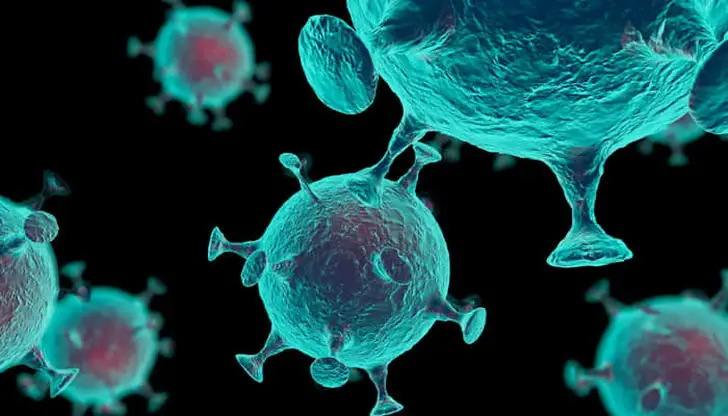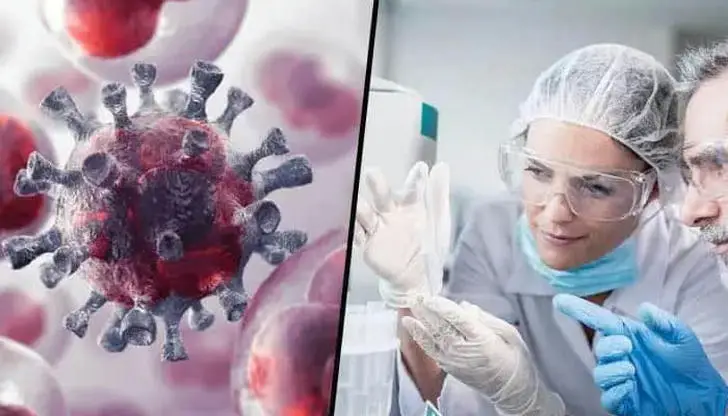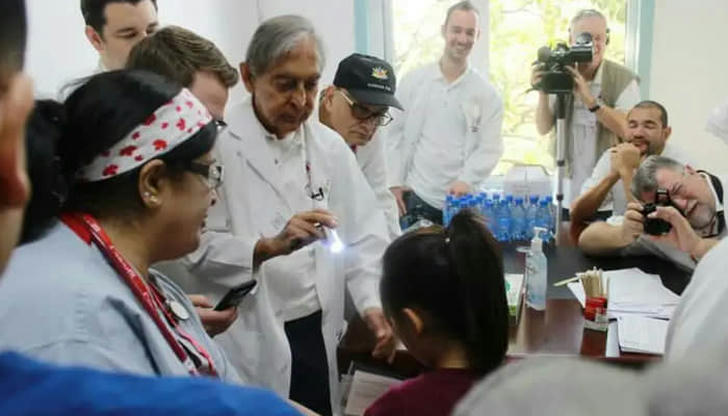8 Things Doctors Wish You Knew About Cancer
Advertisement
Cancer is the second leading cause of death according to the Centers for Disease Control and Prevention(CDC). Receiving a cancer diagnosis can be scary, overwhelming and confusing. There are likely thousands of questions running through your mind. While we can't answer every question you have, here are some of the nation's top cancer specialists to weigh in on the most commonly asked questions.
1. Why are you still smoking?

If there's one behavior that mostly increases cancer risk, it's smoking. Considering what it does to the body and how it increases the risk of cancer and heart disease-which are two of the world's number one killers - it's there's simply no reason for anyone to continue smoking.
2. Cancer doesn’t equate with low quality of life

Unlike what you see in the movies, Cancer treatment is a lot different than a decade ago, nowadays treatments for many cancers is very tolerable. Your experience will be so different than that of people who were treated 10 to 15 years ago. Some patients may not even lose any hair, chemotherapy can be just a pill, and women may not need a mastectomy if the cancer is caught early.
3. The overall cancer death rate has fallen over the years

According to the National Cancer Institute, from 1990 to 2014, the death rate from cancer dropped by 25%. According to the latest data, from 2006 to 2015, males fell by 1.8% per year, from 2006 to 2015, females fell by 1.4% per year, and children fell by 1.4% per year from 2011 to 2015.
4. Always bring a second set of ears with you

You may only get 30% of what your doctor tells you. It is especially important to bring another person to any visit that involves reviewing scans or test results. The more people you can bring to the key visits the better, it's easier for the whole family to hear any tough news straight from the doctor.
5. Carry a notebook

It's easier to create a checklist ahead of time than to call on every question you can think of. Use the notebook as a journal to keep track of things like symptoms or concerns. Take it to every doctor's appointment. The person accompanying you to your appointment can also use it to take any notes during your prescription.
6. Satisfied with your treatment plan

A cancer diagnosis is a life-changing event. There is always a sense of urgency. But you want to make sure you're doing the right thing. "Take the time to make sure the treatment plan makes sense," Dr. Shepard said. "You don't want to go in for surgery when it's probably not the right idea." He also recommends looking at treatment locations
7. Obesity is a huge risk factor

"It even beats smoking," said Dr. Nita Lee of the University of Chicago School of Medicine. She added that a large proportion of breast and ovarian cancers are particularly linked to obesity. Overweight and obesity-related cancers account for 40 percent of cancer diagnoses in the U.S., according to the Centers for Disease Control and Prevention (CDC).
8. Share your stories with other patients

Cancer is not necessarily a diagnosis like any other. There are a lot of life-threatening fears and a lot of challenges. Some patients find support groups helpful. Ask your doctor or nurse if they can recommend how to find one in your area. That way you can share what their journey was like and what they went through.



